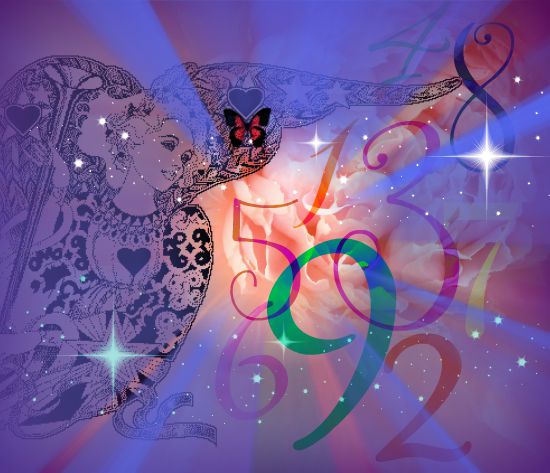Finally, here comes a self-driving bus that has been brought out by IBM’s supercomputer platform Watson in partnership with Arizona-based Local Motors. The 3D printed autonomous bus is called Olli.
With this, the self-driving car segment will become more aggressive.
Olli will be hitting roads in Washington, DC first, then Miami and finally Las Vegas. The new vehicle was launched at the super grand opening event of the new Local Motors facility in National Harbor, Maryland.
Local Motors is preparing to test the bus in cities outside the United States such as Berlin, Canberra and Copenhagen.
Local Motors CEO and co-founder John B. Rogers said in a statement, “Olli offers a smart, safe and sustainable transportation solution that is long overdue. Olli with Watson acts as our entry into the world of self-driving vehicles, something we’ve been quietly working on with our co-creative community for the past year. We are now ready to accelerate the adoption of this technology and apply it to nearly every vehicle in our current portfolio and those in the very near future. I’m thrilled to see what our open community will do with the latest in advanced vehicle technology.”
Just like Uber, Olli can also be booked and paid on the app.
Advanced vehicle technology of IBM Watson called the Internet of Things for Automotive helps improve the passengers’ experience and allows them to have a natural interaction with the vehicle.
While in transit, passengers can interact with the vehicle about various topics such as the functioning of the vehicle, their destination, suggestions on restaurants and historical sites.
Most of its components are printed on a 3D printer making it an absolutely unique vehicle. Olli has 30 sensors that stream relevant data to and from IBM’s cloud. It can carry up to 12 people.
“We hope to be able to print this vehicle in about 10 hours and assemble it in another hour”, said Roger.
The company claims Olli not only helps in cutting down the output of emissions in dense urban areas but also helps in reducing noise pollution.
All good things come with a caveat, Self-driving vehicles are no exception.
It is not easy to create and maintain maps for driverless vehicles.
For instance, when Google had to test a self-driving car in a new city, its employees had to first drive the vehicles all across the streets manually to build a rich and detailed 3-D map of the area. Rotating Lidar camera on the car's roof emitted laser pulses to measure its surroundings, and the people on Google's mapping team then looked into the data to classify different features such as crossings, driveways, intersections and fire hydrants.
Lots of companies are constantly working on various types of autonomous technologies, one of them being partial autonomy.
Social interactions with robots may not be as easy as it appears
An even bigger obstacle is that driving is an extremely social process that requires frequent thoughtful interactions with other drivers, riders, and pedestrians. In such situations, robots may prove to be inefficient as they lack generalized intelligence and common sense that humans possess.
To deal with tough situations, the company may decide to hand over the controls back to the humans when computers are not confident of what to do. The biggest drawback of this approach is the threat it poses with shared control on a self-driving vehicle. For example, in the case of a crash like situation, a sudden shift of control to human may be unexpected and fatal.
Bad weather adds to the problems of self-driving vehicles. Vehicles fog sensors don’t work efficiently in bad weather. Vehicles are being tested at ill weather locations.
Many countries need regulations to ensure the safety of automated vehicles
This is more of a political problem in countries which are yet to approve its use. Their main concern is the safety of passengers. Many companies may not be able to justify to the level needed by authorities.
Cybersecurity can be a major issue if not dealt with smartly
Manufacturers have to be dead sure that their vehicles would not be hacked. With the vehicles getting more intelligent and automated, it is much easier to disrupt its functioning.
Software companies have been working on the issue for quite a long time.
The arrival of such technologies could have a simulating impact on the car industry, letting smaller startups battle and even move ahead of the industry’s established giants.






































